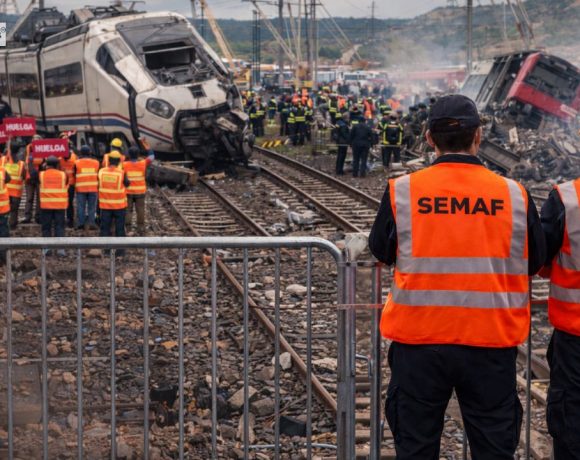
The French navy, with support from allied forces including the United Kingdom, has seized an oil tanker in the western Mediterranean Sea suspected of being part of Russia’s sanction-busting “shadow fleet”, officials announced on Thursday. The vessel, named Grinch, was intercepted between Spain and Morocco while sailing from Russia’s northern port of Murmansk under what authorities say was a false or irregular flag.
President Emmanuel Macron said the operation was carried out in accordance with international law and aimed at enforcing sanctions intended to curb revenue that helps finance Russia’s war against Ukraine. The tanker was boarded and diverted for further inspection after French maritime authorities confirmed doubts over its documentation. France’s maritime prosecutor in Marseille has launched a judicial investigation into the incident.
The UK provided key tracking and monitoring support through its naval assets as part of a broader effort to disrupt “shadow fleet” operations, which involve ageing tankers used to evade Western sanctions. Ukrainian President Volodymyr Zelensky welcomed the action and urged further measures to ensure sanctioned oil no longer funds Russia’s military operations. This marks another high-profile enforcement against vessels linked to sanctions evasion following similar actions by Western countries.
Pic courtesy: google/ images are subject to copyright









